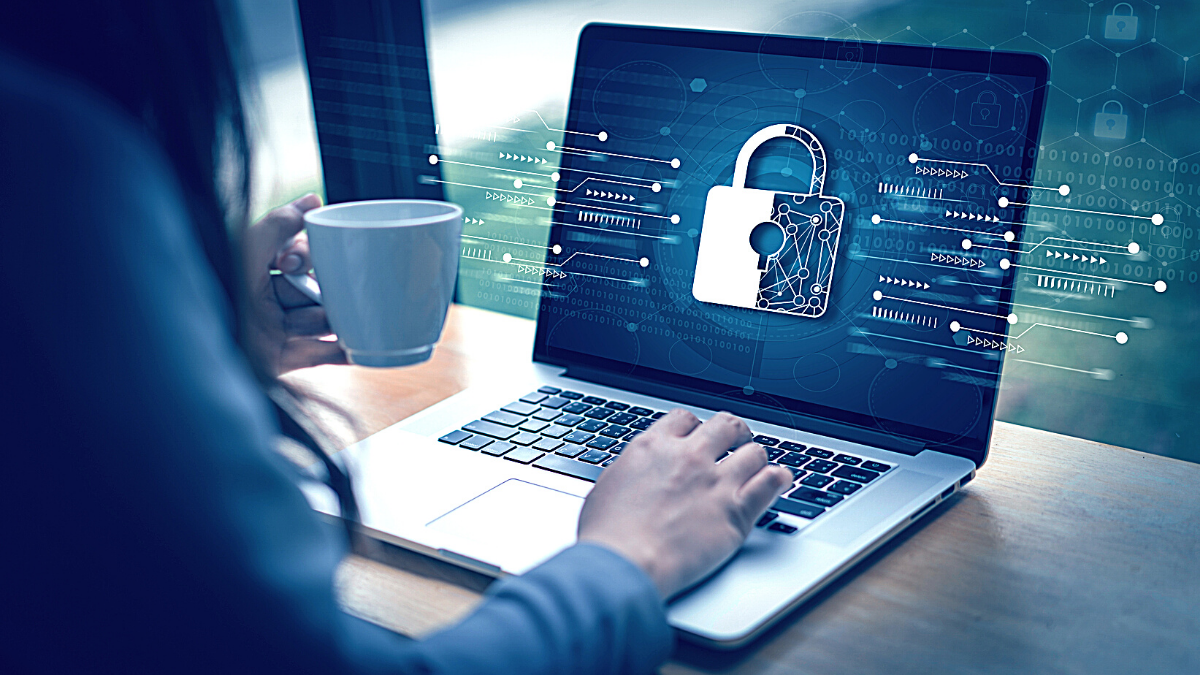Antivirus vs. VPN: Do you need both for online privacy and security?
You probably know that bad guys lurk within every corner of the internet. You have to watch out for spyware, ransomware, phishing attacks, IoT invasions and more. Oh, and don’t forget “zero-click attacks.” Researchers recently discovered hackers used military-grade spyware to remotely access iPhones and even replicate their data.
Usually, you can avoid this type of malware by just not clicking on suspicious text messages. Zero-click attacks are frightening because they can infiltrate your device … even if you don’t interact with the text. Tap or click here for the full story.
With these threats prowling the internet, you’ll want to stay as safe as possible. Luckily, you can use many tools for self-protection, like antivirus software and a VPN. If you’re not sure what these are — or how they’re different — here’s everything you need to know.
What to know about antivirus software
Every cybersecurity defense strategy needs this. Having antivirus software is like hiring a 24/7 bodyguard. It’s constantly scanning your device for danger, which is helpful when you remember that new code flows to your processor every time you open an email, website or app.
Of course, not all code is helpful. A ton of it is infested with malware that could introduce a boatload of problems to your device. Once you’re infected, you’re toast.
However, you don’t have to worry about these worst-case scenarios with antivirus software. It automatically removes the threat and keeps your device safe when it recognizes suspicious code.
It’s an essential part of your digital security system. Preemptively spotting threats, it kicks away dangerous code and constantly protects your processor. It works in the background to keep you safe. If you don’t have one, you need to get one before it’s too late.
We recommend our sponsor, TotalAV. We love it because you’re getting even more than antivirus protection; you’re getting the whole package. TotalAV offers a security suite that protects your computer and smartphone from today’s threats.
With Kim’s special link, you can get an entire year of coverage for just $19. That’s 85% off the regular price. You can’t beat that.
How a VPN is different
Short for “virtual private network,” a VPN is a secure bridge between your activity and the worldwide web. Its primary function is to protect your online traffic, so creepy snoops can’t watch what you’re doing. Anyone can see what you’re doing when you browse without any protection.
This new Elon Musk Twitter scam is raking in millions

Scams come in many forms, and criminals seemingly have no shame in spreading them. The most common is through social media or phishing attacks, but sometimes they rope in the help of well-known personalities.
Elon Musk and Twitter’s founder Jack Dorsey are the latest examples of familiar faces promoting cryptocurrency investments. But this is, of course, without their authorization and the promotion is fake.
